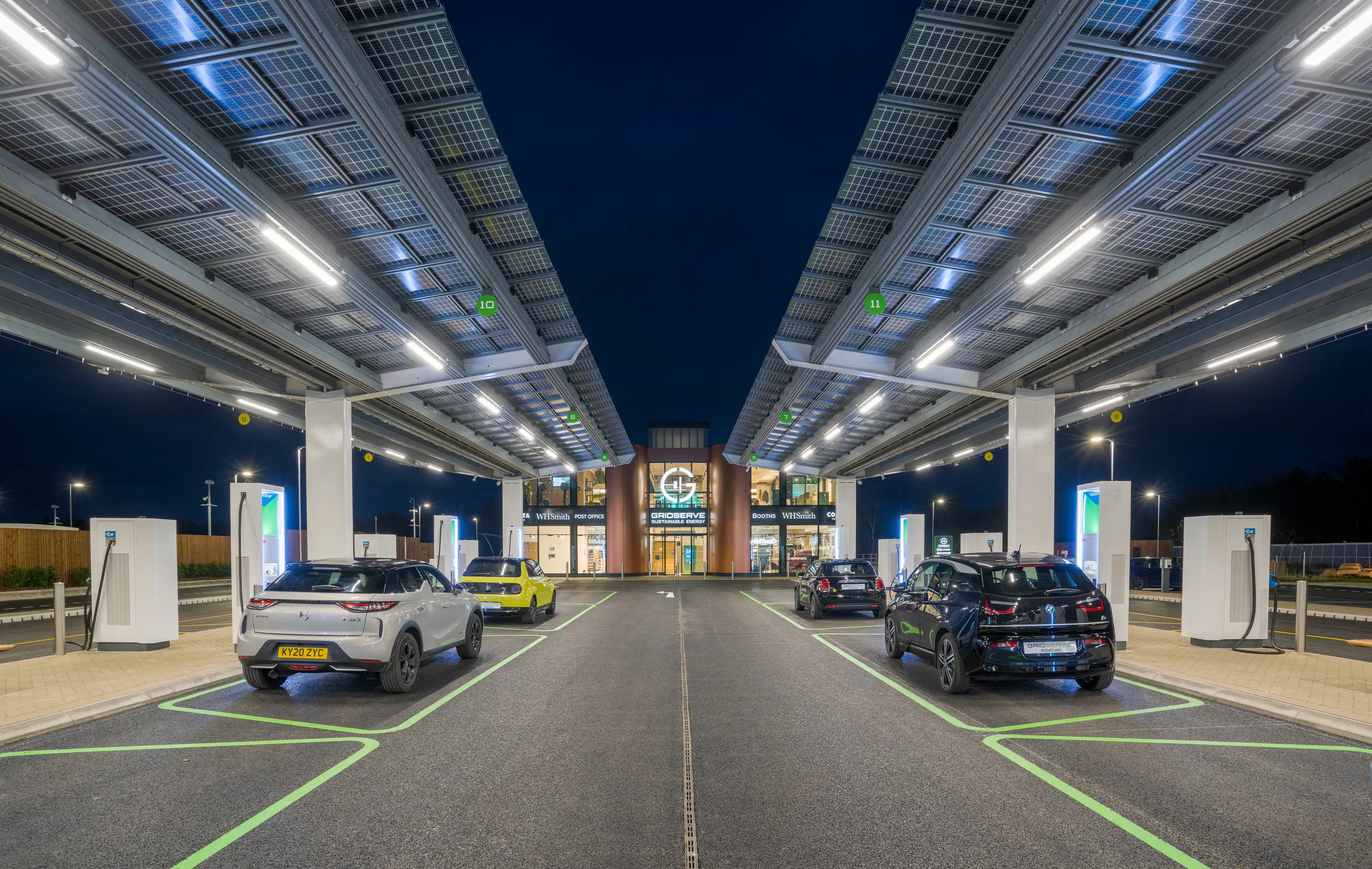
Users of corporate vehicle share specialist Alphabet will soon have access to over 2,500 public electric vehicle (EV) charge points run by NewMotion across the UK.
The deal includes more than 800 rapid charge points.
NewMotion will also set up the charge points for Alphabet drivers and customers both at home and in the workplace.
The solution from NewMotion – part of the Shell Group - includes the entire process from consulting and installation to operation of the charge points, back-office management and 24/7 support. Alphabet has 168,000 customers.
NewMotion provides solutions and advice for employers interested in installing charge points at their place of work.
Access to the charge points is through the NewMotion charge card and EV charging app. It allows drivers to receive real-time information about charge tariffs, charge speeds and availability of public charge points.
There is also information on the estimated range increase or time to get to a target charge level.
The charge cards provide fleet managers with one invoice for all power consumption and real-time management of the charging sessions, making billing and automatic reimbursement for employees quick and easy, says Alphabet.
NewMotion provides a package of hardware, software services and support solutions which can be tailored to needs, said Alan McCleave, UK general manager.
“It will give customers of Alphabet the ease of use and insight into charging costs of their fleet and employees. Our partnership will make EV charging easier and more accessible for lease drivers all throughout the UK.”
Earlier this year, the UK’s Office for Low Emission Vehicles reduced grants for home charging installation.
However, Alphabet said that the demand for EVs continues to grow and will be further encouraged by the recently introduced Benefit-in-Kind tax rates. Alphabet said it has seen a triple-digit increase in orders for plug-in vehicles over the past year.
Alphabet’s mobility products include the Corporate CarSharing solution AlphaCity and AlphaElectric which enables organisations and employees to use low- and zero-emission vehicles.
Alphabet manages more than 138,000 vehicles in the UK and more than 700,000 vehicles in 30 countries.









